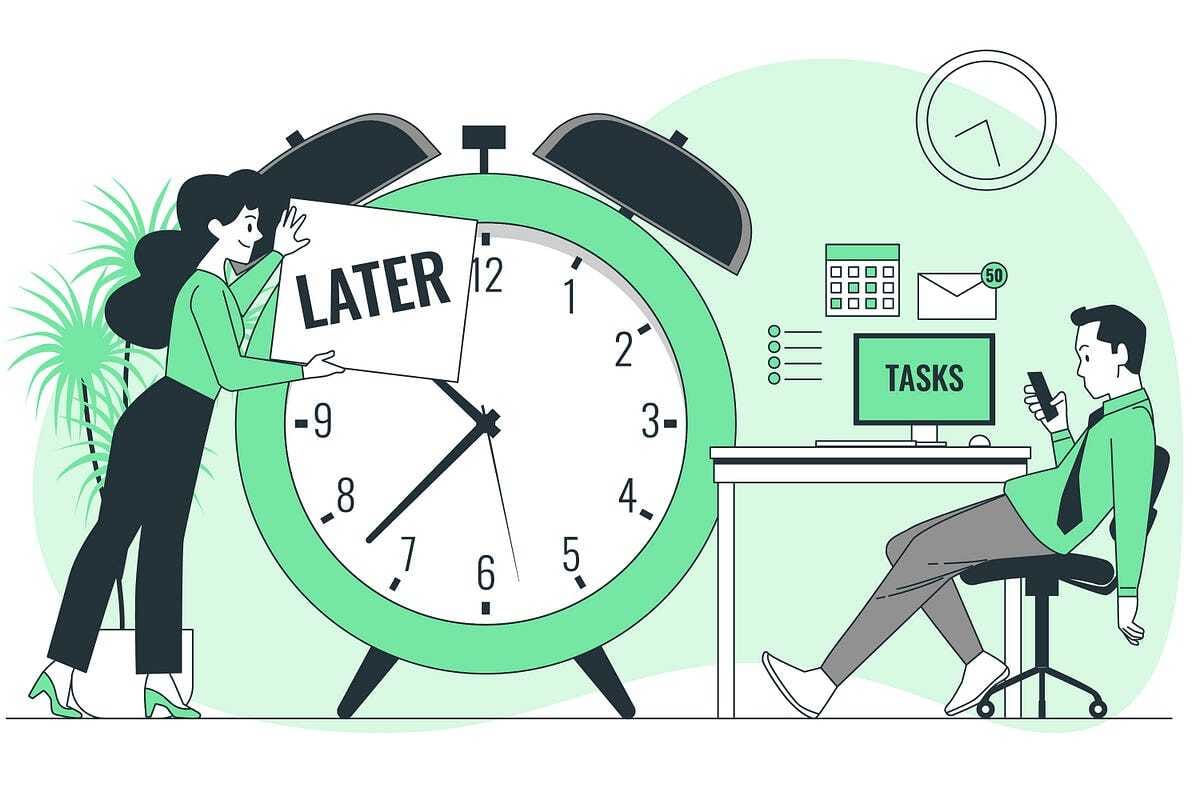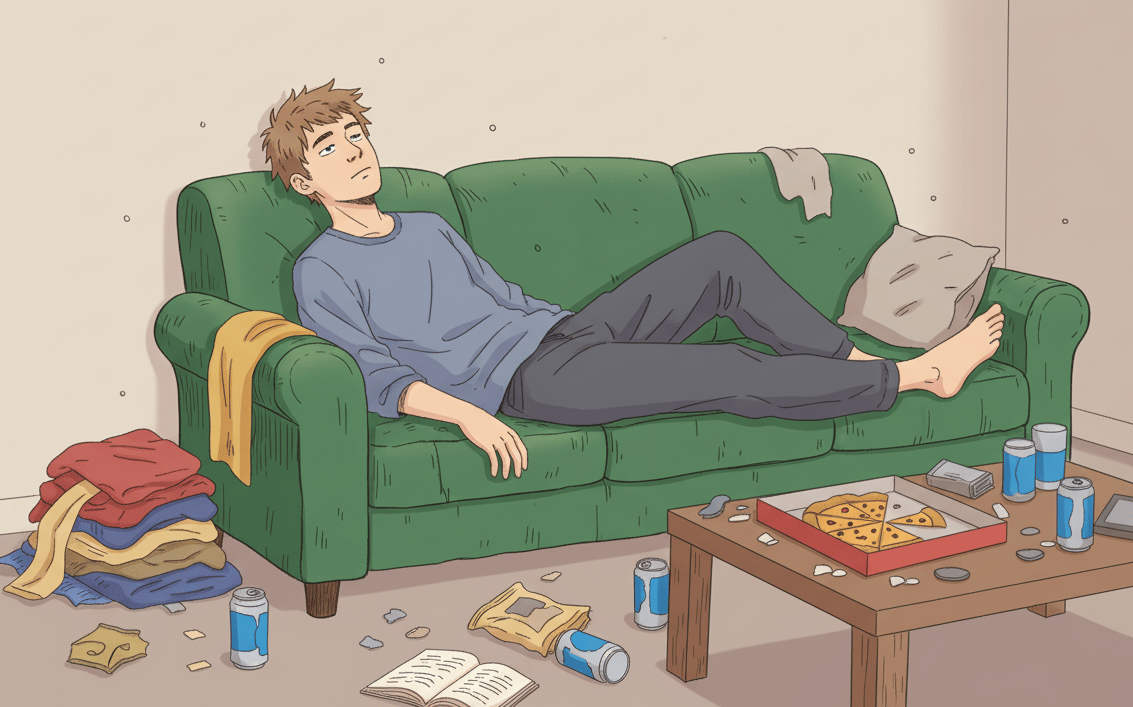
“
What is Procrastination ?
Procrastination is the voluntary delay of a necessary task despite knowing this delay will likely lead to negative consequences.
It's primarily a failure of self-regulation, often used to avoid the unpleasant feelings (like anxiety, boredom, or frustration) associated with starting or doing the task.
You’re not lazy — your brain is just wired for comfort.
The Science of Procrastination:
Your brain is constantly balancing two systems:
The Limbic System — The emotional, instinctive part of the brain.
Seeks pleasure. Avoids pain.
Works on short-term rewards.
Loves scrolling Tik-Tok instead of starting that report.
The Prefrontal Cortex — The rational, planning part of the brain.
Sets goals.
Thinks about the future.
Wants you to finish that assignment and get 8 hours of sleep.
The issue?
When a task feels boring, hard, or uncertain, your limbic system hijacks control and pushes you toward something instantly rewarding.
That’s why you find yourself reorganizing your desk instead of writing your paper.

"Procrastination is the thief of time." – Edward Young
Why “Just Try Harder” Doesn’t Work
Procrastination isn’t a lack of willpower — it’s a neurochemical problem.
The brain avoids starting because starting feels painful.
Once you begin, though, your brain releases dopamine for each small win — which makes continuing easier.
“ If you are still procastinating to read watch the video below “
How to Outsmart It
The 2-Minute Rule
Instead of forcing yourself to “do the whole thing,” trick your brain:
Commit to doing just two minutes of the task.
Tell yourself you can stop after that.
Example:
Write 2 sentences of an essay.
Open your textbook and read 1 page.
Put on your workout clothes and do 2 push-ups.
Most of the time, once you start, momentum takes over — and you end up doing far more than 2 minutes.
Mindset Takeaway
The hardest part of work isn’t doing it — it’s “STARTING “
Win the first 2 minutes, and the rest takes care of itself.
"We hope this newsletter was the boost you needed. Until next time, keep moving forward, one task at a time."